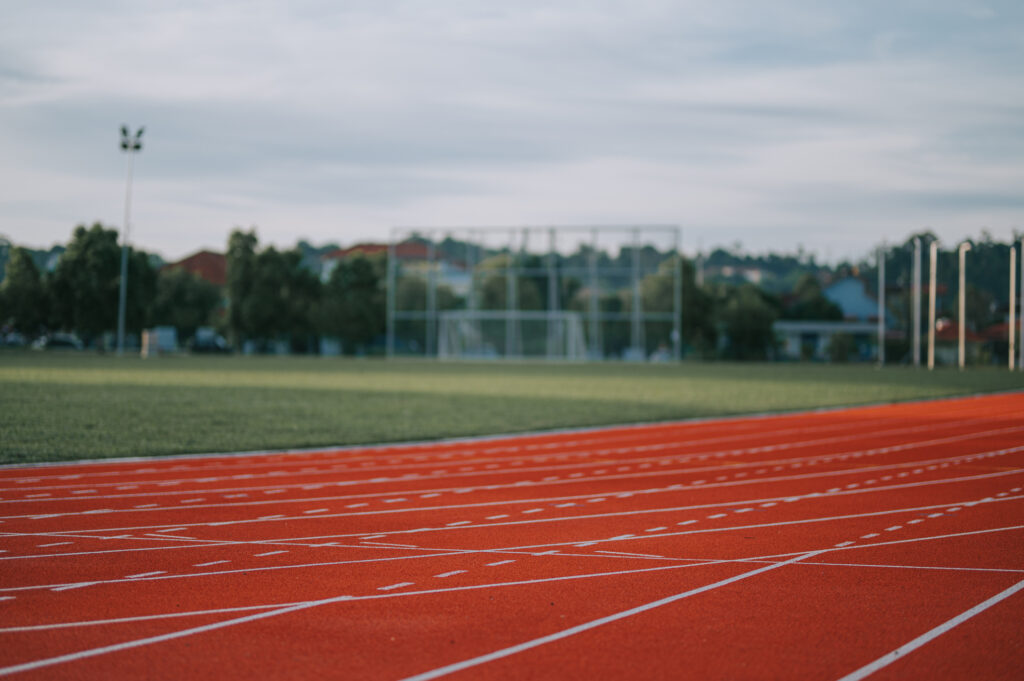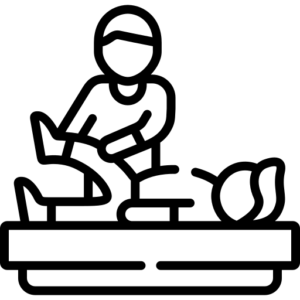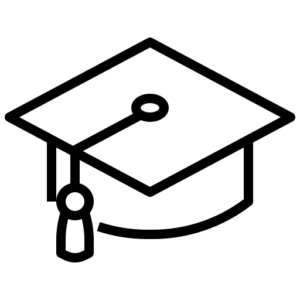
SPORTS AND PHYSICAL ACTIVITY
Course Duration
2 Years (1 A-Level equivalent)
Examination Board
OCR (Cambridge)
Entry Criteria
Grade 4 in both English and Maths GCSEs, and at least 3 other qualifications at grade 4 or above.

Course Duration
2 Years (1 A-Level equivalent)
Examination Board
OCR (Cambridge)
Entry Criteria
Grade 4 in both English and Maths GCSEs, and at least 3 other qualifications at grade 4 or above.

OCR Level 3 Cambridge Technical Diploma in Sport and Physical Activity gives learners the skills for working in specific, specialised roles (e.g. Sports Coach and Personal Trainer) within the sport and physical activity sector. This qualification is for learners who want to study sport, leisure or fitness.

The course will provide learners with the skills, knowledge and understanding to progress into a university or career in all areas of sport from coaching to physiotherapy. The qualification is designed to be taken as part of a study programme alongside other vocational qualifications or A levels.
OCR Level 3 Cambridge Technical Diploma in Sport and Physical Activity.
The Extended Certificate is an Applied General qualification and takes 360 guided learning hours to deliver which means it is equivalent to one A Level. Taking the Extended Certificate alongside other vocational or academic qualifications would allow you to study sport and physical activity, or another related sector, in higher education or further study. All students will study 2 external examination components including Unit 1- Body systems and the effects of physical activity and Unit 3- Sport organisation and development. The students will also study 3 coursework components including Unit 2 Sport coaching, activity and leadership, Unit 8 Organisation of sports events and unit 17 sports injuries and rehabilitation. Leigh Academy Tonbridge offers excellent sports leader opportunities where students are challenged to plan, lead and reflect on their delivery, setting our students up with valuable experience to support them in their next challenge in the sporting sector.
The majority of the qualification content will be internally assessed through internally-set assignments. There are two written examinations including case studies and scenarios related to the sport and physical activity sector which students will need to apply their knowledge and understanding to.
Mandatory Units:
Optional Units:
This course is designed for learners who want to study sport, leisure or fitness. It does not rely on the student’s ability to partake in sport, but instead teaches fundamental skills surrounding health, fitness, safety, leadership and communication. From studying this course, students can go on to study numerous courses in higher education, like sports coaching, physiotherapy, biomechanics, sport psychology and event management. This can lead to careers in: